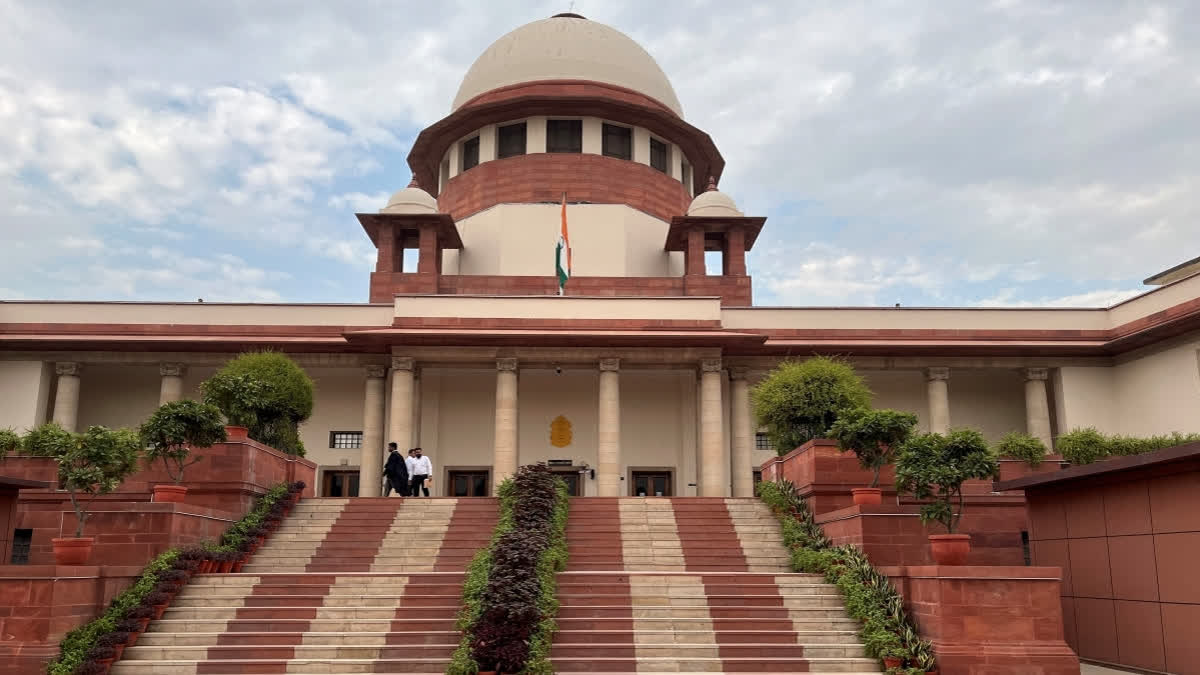New Delhi: The Supreme Court Thursday, while hearing petitions challenging the constitutional validity of section 6A of the Citizenship Act relating to illegal immigrants in Assam, shot a volley of questions at the Centre. The apex court said it wants to know the extent of illegal immigration to Assam post-1971 and what is the Centre doing to ensure an impermeable border. The apex court also sought a response from West Bengal on illegal immigration
A five-judge bench led by led by Chief Justice of India D Y Chandrachud asked Solicitor General Tushar Mehta, representing the Centre, what is the data with the government, on illegal immigration post-1971. Do we have that data?
Mehta said my answer and not the government’s answer, was that Assam faced the problem and raised it, as culturally Bangladeshis and Assamese were so different that it was easy to identify. “In the case of Bangladesh, their language, their food habits, their dressing everything, they mingle very easily. Because of that maybe there is no uproar or something that does not justify the government not taking steps. I must admit”, said Mehta, adding that he was referring to Bengal.
The CJI said the petitioners’ argument is what you did to Assam, the same was not done to West Bengal. “But beyond that now, we are going beyond the validity argument. First, we want to know, what was the reason for the Parliament to exclude West Bengal for the grant of citizenship. We are not saying that they should have granted it. What led us to believe that this problem is peculiar to Assam and not Bengal…why did we leave West Bengal alone?”, queried CJI.
The CJI further queried, second, what is the extent of illegal migration post-1971 and what is the government doing in West Bengal? Mehta my preparation for the validity part and the legal part and the matter may not end today and “I undertake to file an affidavit…latest by tomorrow or the day after”.
